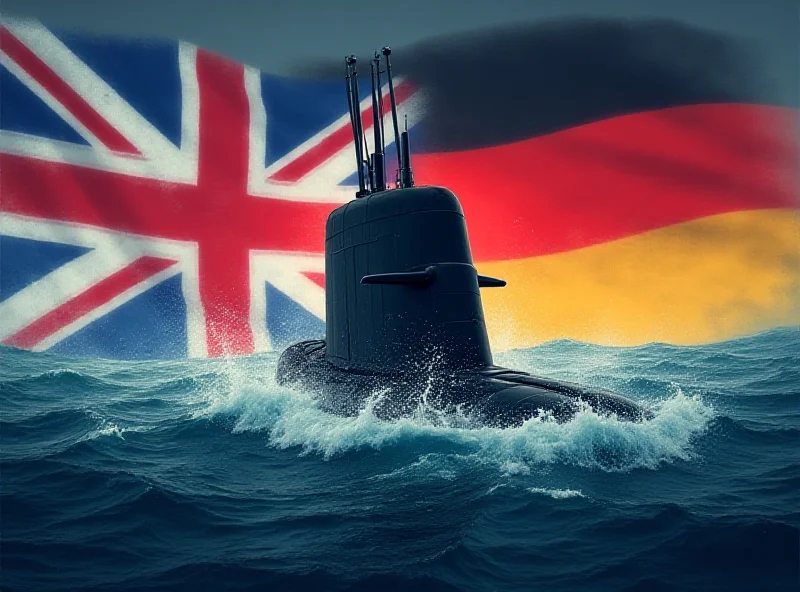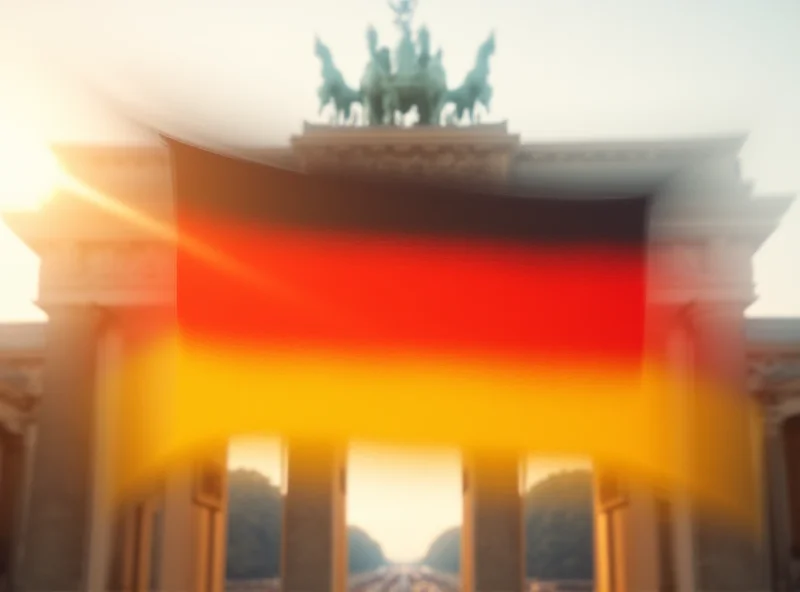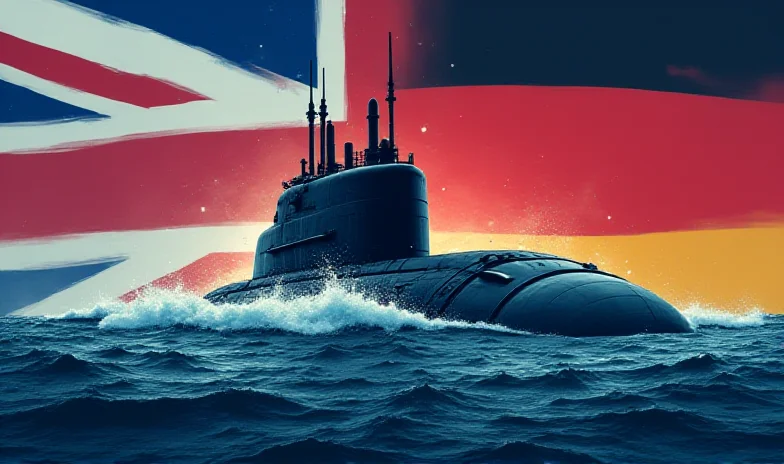Europe is facing a critical juncture, grappling with a perceived leadership vacuum amidst rising global tensions. Recent events, from the scandal involving former US President Donald Trump and Ukrainian President Volodymyr Zelensky to concerns about growing authoritarianism within Europe itself, have left many feeling uncertain about the future.
One proposed solution to shore up European security is the potential for the United Kingdom to extend its nuclear deterrent to protect Germany. Political analyst Jennifer Kavanagh has suggested that the UK's arsenal, particularly its submarine-launched ballistic missiles, provides a credible threat of retaliation against potential Russian aggression. This comes at a time when some perceive a weakening of commitment from the United States to its European allies.

The Rise of Authoritarianism and Societal Polarization
Concerns about European leadership extend beyond security matters. Political scientist Ladislav Mrklas recently criticized suggestions that Ukraine's peace negotiations should be left to Donald Trump, calling such remarks "defeatist." He also condemned accusations against European partners as bordering on treason, highlighting the fragility of unity within Europe.
Mrklas further pointed to the recent German elections as evidence of a growing trend towards authoritarianism, raising concerns about the increasing polarization of society. "Even the German elections have shown the rise of authoritarians, and it is questionable where the polarization of society will end," he stated. This internal strife adds another layer of complexity to Europe's leadership challenges.

Germany at a Crossroads
The situation has placed significant pressure on Germany, Europe's largest economy. Following the Trump-Zelensky scandal, many feel that Europe is without clear leadership, and Germany is being called upon to step up. Political commentators have stressed the urgency for the new German government to form quickly, arguing that parties like the Union and SPD cannot afford any delays or political maneuvering.
The new government will also have to grapple with complex questions regarding Germany's relationship with Israel. Politicians like Luise Amtsberg of the Greens and Michael Roth of the SPD are currently engaged in debates about Germany's obligations to Israel and how to respond to the policies of Prime Minister Benjamin Netanyahu.

In addition to these geopolitical challenges, Germany recently experienced a shocking event in Bielefeld, where a shooting occurred outside a courthouse, injuring several people. This incident serves as a stark reminder of the internal security challenges facing European nations.
Ultimately, Europe stands at a critical juncture. Whether through a bolstered UK nuclear deterrent, a strong and decisive German government, or renewed unity among European partners, finding effective leadership will be crucial for navigating the complex challenges ahead.
